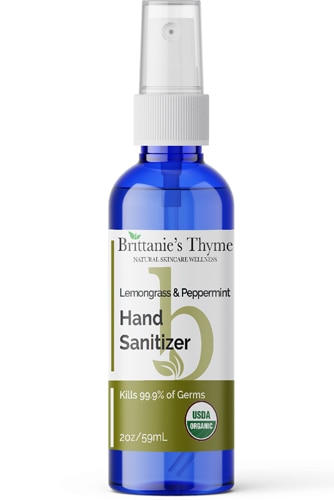Proper hand hygiene is an important component in slowing and/or stopping the spread of viruses, such as COVID-19. Read on for answers to some of the most commonly asked questions about hand sanitizer.
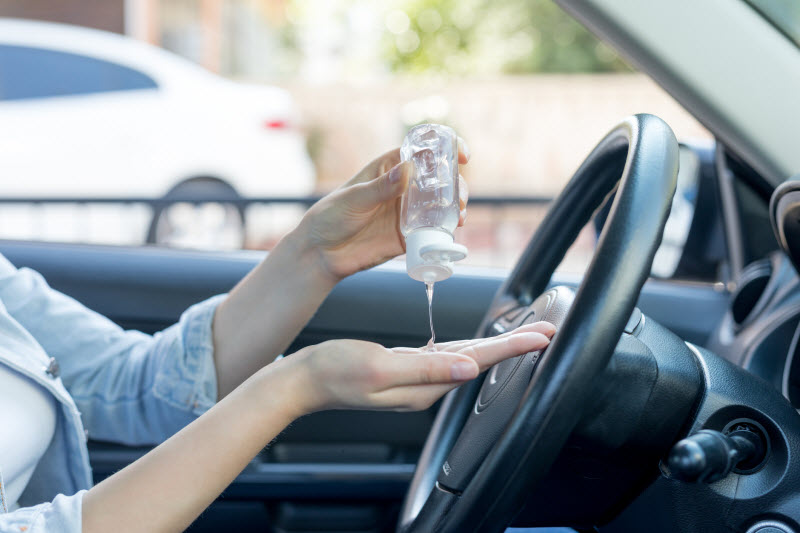
Q: Is hand sanitizer effective?
A: According to the
Centers for Disease Control & Prevention (CDC), washing your hands with soap and water is typically the best way to eliminate germs. But if you don’t have access to a sink, hand sanitizer containing at least 60% alcohol can help “reduce the number of germs on hands in many situations.”
Q: Is hand sanitizer safe for children?
A: “When used according to the directions on the Drug Facts Label, hand sanitizer is not dangerous for children,” according to the
U.S. Food & Drug Administration (FDA). However, kids under six years of age should always be supervised when applying hand sanitizer. In addition, hand sanitizer can be harmful if it is ingested or gets in a child’s eyes.
Q: How do I apply hand sanitizer?
- Always apply hand sanitizer according to the directions on the product label. Steps for application may include:
- Squeeze, pour or spray specified amount of sanitizer into palm
- Rub hands together, thoroughly coating all surfaces, including fingers
- Continue rubbing until hands and fingers are completely dry (approximately 20 seconds)
Q: When/how often should I apply hand sanitizer? Is it harmful to apply too much?
A: To help keep our family and community safe, wash or sanitize your hands at these key times:
- After using the restroom or changing diapers
- Before and after preparing food
- Between handling raw and prepared foods
- Before and after eating
- After blowing your nose
- Before and after attending to anyone who is sick
- After smoking
- After gardening
- After touching animals
- After touching items that others may have recently touched (e.g., doorknobs, elevator buttons)
As we have previously stated, hand sanitizer works in a pinch, but old-fashioned soap and water is typically the best first resort. Applying too much hand sanitizer may disrupt the hand microbiome (the good bacteria that help keep us healthy).
Q: What, if anything, might prevent hand sanitizer from working?
A: When applied properly, hand sanitizer can reduce (but not fully eliminate) the number of germs on the hands. However, it “may not be as effective when hands are visibly dirty or greasy,” according to the
CDC. In addition, hand sanitizer may not remove hazardous chemicals, such as heavy metals and pesticides, from the hands.
Q: Can I store hand sanitizer in my car?
A: According to the
FDA, hand sanitizer should not be stored at temperatures exceeding 105° Fahrenheit. This means that your vehicle is probably not an ideal storage solution during the warm summer months.
Q: Is it okay to share hand sanitizer?
A: In a perfect world, everyone would have their own personal hand sanitizer. But if you must share sanitizer, it’s a good idea to ensure that the opening doesn’t come into contact with the skin and to sanitize the outside of the container after each use.
Hand Sanitizer Product Picks
Now that you know your hand sanitizer facts, it‘s time to stock up on this germ-fighting essential! Check out some of our top product picks:
Slate Waterless Antibacterial Hand Sanitizer. This must-try sanitizer contains eight generous ounces and boasts a 70% alcohol content. Plus, it features a convenient pump dispenser!
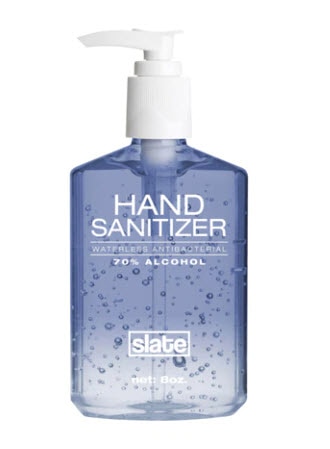 Green Goo Hand Sanitizer.
Green Goo Hand Sanitizer. Seeking a hand sanitizer that “kills over 99% of germs quickly?” Look no further! Did we mention that it’s approved by both the FDA and the World Health Organization (WHO)?!
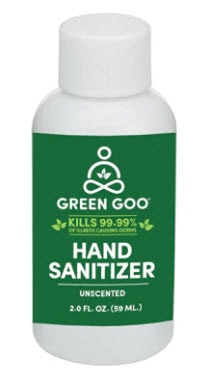 Brittanie's Thyme Organic Rosemary & Peppermint Hand Sanitizer.
Brittanie's Thyme Organic Rosemary & Peppermint Hand Sanitizer. This smart spray sanitizer eliminates 99.9% of germs while helping to replenish your skin’s moisture. And you’ll absolutely love its “energizing, citrusy scent!”
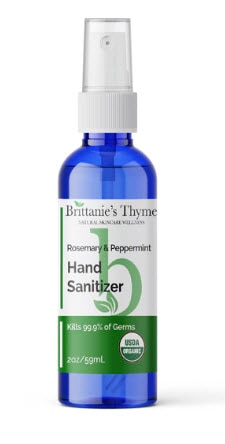 Professional Solutions Advanced Hand Sanitizer Gel.
Professional Solutions Advanced Hand Sanitizer Gel. Here’s another hand sanitizer that protects and nourishes your skin! The moisturizing gel formula contains 71% alcohol to send 99.9% of germs packing!
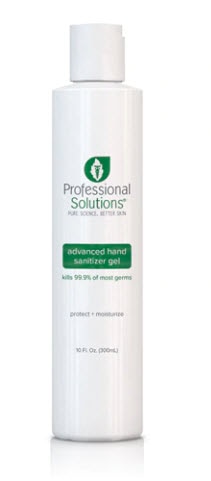

 Green Goo Hand Sanitizer. Seeking a hand sanitizer that “kills over 99% of germs quickly?” Look no further! Did we mention that it’s approved by both the FDA and the World Health Organization (WHO)?!
Green Goo Hand Sanitizer. Seeking a hand sanitizer that “kills over 99% of germs quickly?” Look no further! Did we mention that it’s approved by both the FDA and the World Health Organization (WHO)?!
 Brittanie's Thyme Organic Rosemary & Peppermint Hand Sanitizer. This smart spray sanitizer eliminates 99.9% of germs while helping to replenish your skin’s moisture. And you’ll absolutely love its “energizing, citrusy scent!”
Brittanie's Thyme Organic Rosemary & Peppermint Hand Sanitizer. This smart spray sanitizer eliminates 99.9% of germs while helping to replenish your skin’s moisture. And you’ll absolutely love its “energizing, citrusy scent!”
 Professional Solutions Advanced Hand Sanitizer Gel. Here’s another hand sanitizer that protects and nourishes your skin! The moisturizing gel formula contains 71% alcohol to send 99.9% of germs packing!
Professional Solutions Advanced Hand Sanitizer Gel. Here’s another hand sanitizer that protects and nourishes your skin! The moisturizing gel formula contains 71% alcohol to send 99.9% of germs packing!




